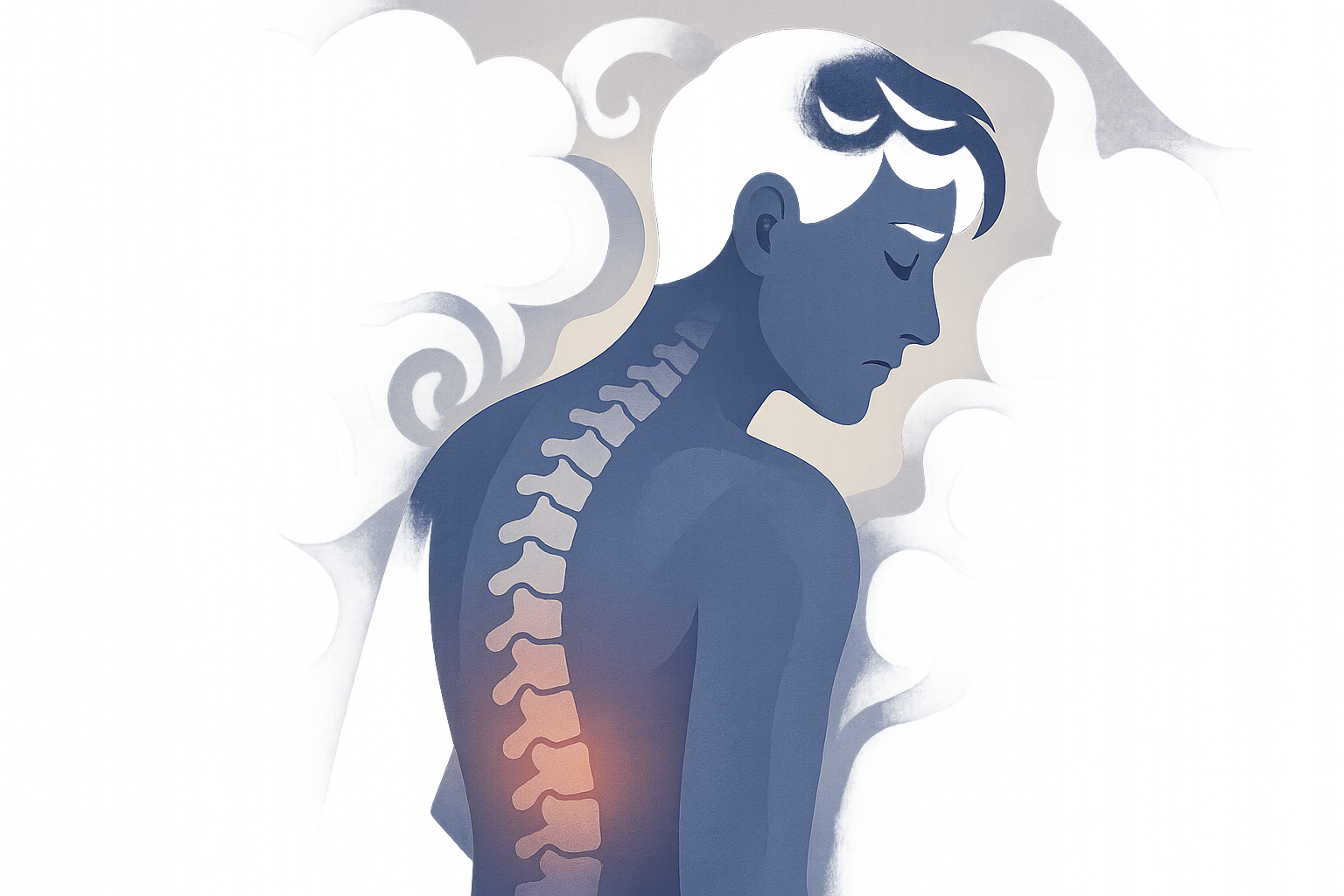The Impact of Back Pain on Mental Health: Coping Strategies
Back pain is a prevalent issue that affects millions of people worldwide. While the physical discomfort is often discussed, the mental health implications are equally significant yet frequently overlooked. In this blog post, we’ll explore how chronic back pain can impact mental health and provide effective coping strategies to help manage these challenges. 🌟
Table of Contents
1. Understanding the Link Between Back Pain and Mental Health
2. Psychological Impacts of Chronic Back Pain
3. Coping Strategies for Managing Mental Health
4. When to Seek Professional Help
5. Conclusion
6. FAQs
Understanding the Link Between Back Pain and Mental Health
Chronic back pain is more than just a physical ailment. The persistent discomfort can lead to a range of emotional responses, including anxiety, depression, and stress. This connection is often a result of the limitations that back pain imposes on daily activities, leading to feelings of frustration and helplessness. 🤔
Moreover, the pain can disrupt sleep, leading to fatigue and irritability, which further exacerbates mental health issues. Understanding this link is crucial in developing effective coping strategies that address both physical and mental health aspects.
Psychological Impacts of Chronic Back Pain
Chronic back pain can significantly affect one’s mental well-being. Here are some common psychological impacts:
1. Anxiety
Living with persistent pain can create a constant state of worry. Individuals may fear that their condition will worsen or that they will be unable to perform daily tasks.
2. Depression
The inability to participate in activities that once brought joy can lead to feelings of sadness and hopelessness. Over time, this can develop into clinical depression if not addressed.
3. Stress
Managing chronic pain is stressful. The need to navigate medical appointments, treatments, and the financial burden of healthcare can add to the stress levels.
Coping Strategies for Managing Mental Health
Addressing the mental health effects of back pain requires a holistic approach. Here are some strategies that can help:
1. Mindfulness and Meditation 🧘♂️
Practicing mindfulness and meditation can help reduce stress and improve overall mental well-being. These practices promote relaxation and can help individuals manage their response to pain.
2. Physical Activity
Engaging in gentle exercises like yoga or swimming can help improve mood and reduce pain. Regular physical activity releases endorphins, which are natural mood lifters.
3. Cognitive Behavioral Therapy (CBT)
CBT is a proven method for changing negative thought patterns. It equips individuals with tools to manage pain-related anxiety and depression.
4. Social Support 🤝
Connecting with friends, family, or support groups can provide emotional relief. Sharing experiences with others who understand can lessen feelings of isolation.
5. Healthy Lifestyle Choices
Maintaining a balanced diet, ensuring adequate sleep, and avoiding alcohol and drugs can positively impact mental health.
When to Seek Professional Help
It’s essential to recognize when self-help strategies are not enough. If you find that anxiety or depression is affecting your ability to function, it’s time to seek professional assistance. Therapists, psychologists, and pain specialists can provide tailored treatments to address both the physical and mental aspects of chronic back pain.
Conclusion
The impact of back pain on mental health is profound, but with the right strategies, it is manageable. By addressing both the physical and psychological aspects of pain, individuals can lead a more fulfilling life. Remember, you’re not alone in this journey, and help is always available. 💪
FAQs
1. Can back pain lead to long-term mental health issues?
Yes, chronic back pain can lead to long-term mental health issues such as depression and anxiety if not properly managed.
2. How can I tell if my mental health is being affected by back pain?
Signs include persistent feelings of sadness, anxiety, frustration, and changes in sleep or appetite. If these symptoms occur, it’s important to seek help.
3. Is exercise safe for someone with chronic back pain?
Yes, but it should be low-impact and approved by a healthcare professional. Activities like swimming and yoga are often recommended.
4. What professional help options are available?
Options include therapy, medication, pain management clinics, and support groups. A healthcare provider can help determine the best approach for you.
